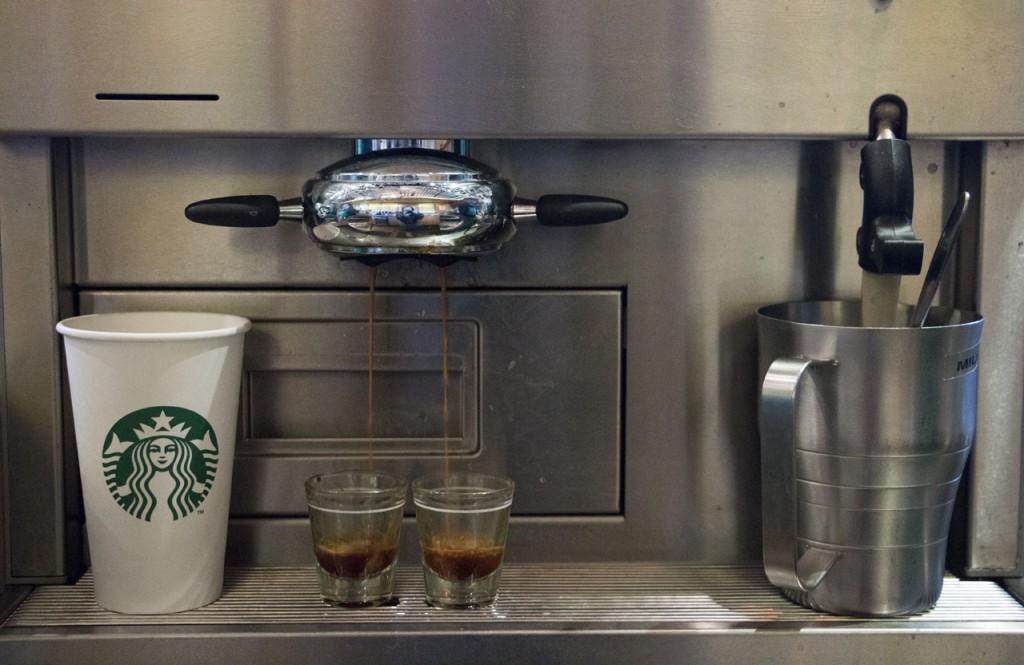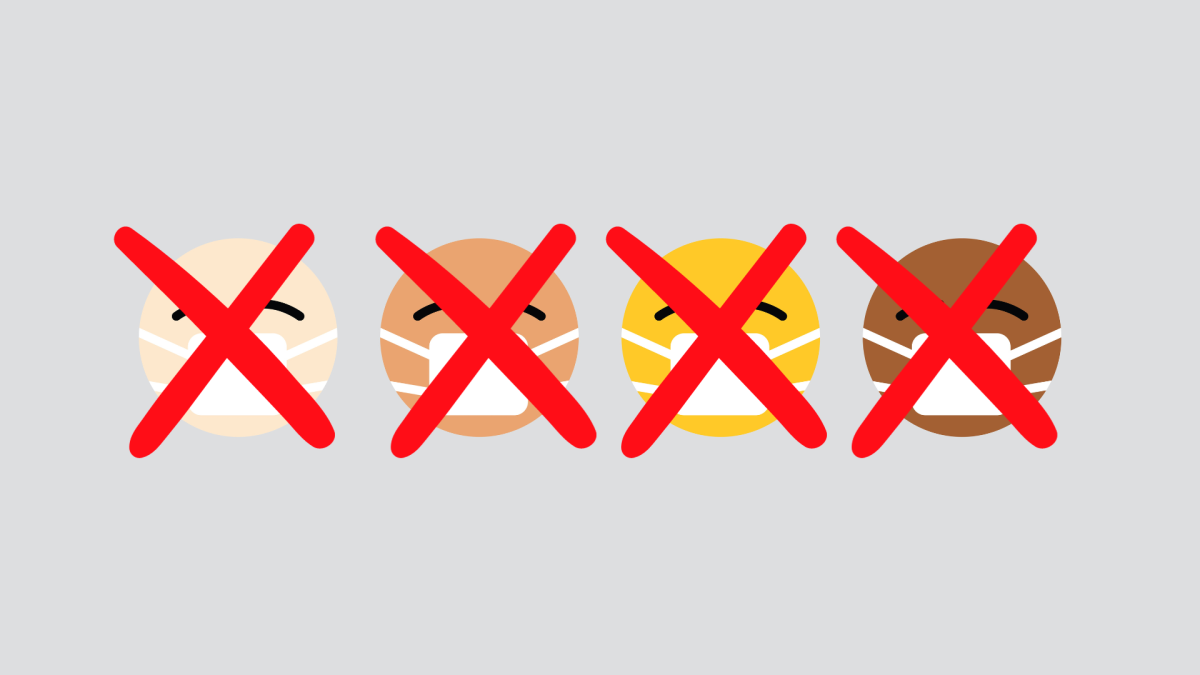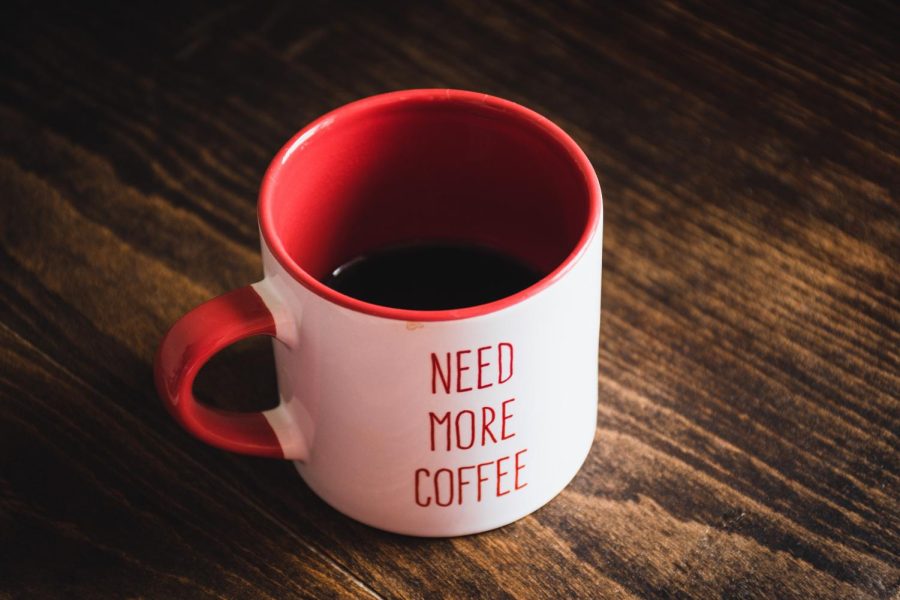
Four-hundred billion: this is the number of coffee cups brewed, poured and consumed every year according to Medical News Today. With coffee being a prominent part of our lives, it’s about time to get our facts straight.
Contrary to popular belief, coffee will not kill you. In reality, coffee isn’t the problem. People swear off coffee in an attempt to become healthier, despite how much they enjoy it. While coffee drinkers are sometimes associated with exercising less and smoking more, these lifestyle factors should be separated from coffee drinking. If you like it, drink it! It’s a good idea.

Coffee is not crack. No matter what anyone says people can’t become addicted to coffee. Habitual coffee consumption can cause short-term symptoms when stopped suddenly, according to the Academy of Nutrition and Dietetics. However, in
reality, only half of people who gave up caffeine experience the notorious withdrawal headache, according to a research paper published on John Hopkins Medicine.
Now that that’s clear, let’s talk about how wonderful coffee is.
Coffee can speed up your metabolism, meaning it can help you lose weight. A study in the Journal of Physiology and Behavior found caffeinated coffee increases your metabolism by up to 16 percent when compared to decaffeinated coffee. This doesn’t mean you can expect to lose weight by drinking coffee and spending the rest of your day curled up under your comforter while only coming out to reach for the box of Oreos (although this does sound great). Coffee can be integrated into a healthy lifestyle. Instead, the misconception that coffee makes you gain weight stems from what we add to our cup of joe; milk, sugar and other flavorings pack more calories, so use these extras in moderation.
To make matters better, coffee may actually help you get out from under the comforter longer. According to Harvard Health Publications, coffee can improve performance during long-duration exercise.

Coffee also works wonders for your mental performance.
Coffee can provide energy to help you focus more on repetitive or boring tasks, according to Harris Lieberman, a research psychologist at the Military Nutrition Division of the U.S. Army Research Institute of Environmental Medicine, in a recent CNN article. Men performed better on short term memory exams after consuming a caffeine dose, typically found in two cups of coffee, according to a study performed by Medical University in Innsbruck, Austria.
But coffee goes beyond short-term use. According to a study published in Nature Neuroscience, caffeine can improve long-term memory.
Even the smell of coffee is rewarding for the sleep-deprived college student.
A study published in the Journal of Agricultural and Food Chemistry found the smell of coffee reduced stress levels related to sleep deprivation rates.
The thought that coffee may cause cancer is also false. According to the Academy of Nutrition and Dietetics, coffee can reduce the risk for cancer, heart disease and diabetes.

While all of this may lead you to believe you should be consuming coffee like water, remember moderation. The Academy of Nutrition and Dietetics calls two to three cups of coffee a moderate intake with no negative side effects. Keep in mind, one cup is eight fluid ounces. This means a grande coffee at Starbucks is two cups. The Academy of Nutrition and Dietetics warns too much caffeine can cause anxiety and nervousness.
So yes, have another drink, but just one more.
Email Noor Ashouri at reporter10@unfspinnaker.com















